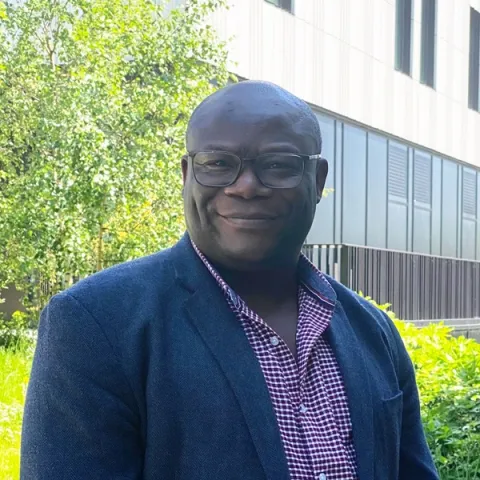CORMSIS PhD
A PhD in OR helps develop proficiency in mathematical modelling, optimisation, machine learning, and simulation, enabling you to analyse and solve complex decision-making problems.
Pursuing a PhD in Operational Research (OR) or a related discipline at the Centre for Operational Research, Management Science, and Information Systems (CORMSIS) offers numerous advantages for individuals aiming to advance their expertise in decision sciences.
As one of the country’s leading research groups in the science of better decision making, CORMSIS provides a platform to conduct impactful research in areas such as optimisation, predictive modelling, machine learning, and simulation. The interdisciplinary nature of OR research at CORMSIS enables students to work on real-world challenges and gain valuable insights that are highly sought after by both academia and industry.
Additionally, CORMSIS is known for its strong connections with leading academic institutions and industry partners. As a PhD student, you will have the opportunity to collaborate with renowned researchers and gain access to industry collaborators, internships, and consultancy projects. The University of Southampton is a founding member of the Russell Group and offers state-of-the-art facilities, including an HPC equipped with the latest H100 and A100 GPUs and high-performance CPUs, ensuring access to cutting-edge resources for rigorous and computationally intensive research in OR.
Browse our staff pages to identify and contact a potential PhD supervisor you would like to work with.








